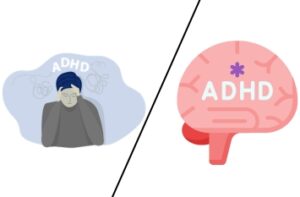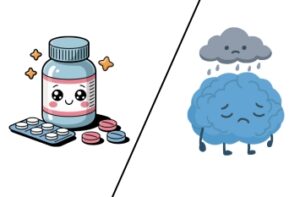
ADHD in Adults: Signs, Symptoms, and Treatment Options in Frisco, TX
ADHD in Adults: Signs, Symptoms, and Treatment Options in Frisco, TX Attention-Deficit/Hyperactivity Disorder, ADHD, is often thought of as a childhood condition, but millions of

At Perfect Balance Psychiatric Services, we understand that PTSD is deeply personal, and so is recovery. That’s why we create customized treatment plans for every individual, designed to address not just symptoms, but the underlying trauma itself.
Thoughtfully prescribed medications can reduce the intensity of symptoms and help restore emotional balance when used as part of a comprehensive treatment plan.
Access expert care from the privacy and comfort of your home. Our secure virtual sessions make it easier than ever to get the help you need wherever you are.
At Perfect Balance, we don’t just treat PTSD, we support your transformation. We help you process trauma, rebuild your sense of self, and move forward with resilience and confidence.
At Perfect Balance Psychiatric Services, our mission is to deliver care that is compassionate, collaborative, and truly personalized. Every step of the journey, we’ll be here to guide and support you.
👉 Contact us today to schedule an appointment or request a free consultation. Let’s work together to restore your peace of mind, emotional well-being, and perfect balance.

ADHD in Adults: Signs, Symptoms, and Treatment Options in Frisco, TX Attention-Deficit/Hyperactivity Disorder, ADHD, is often thought of as a childhood condition, but millions of

Tele-Psychiatry in Frisco, TX: Convenient, Confidential Mental Health Care From Anywhere Mental health care should be accessible, flexible, and fit into your life—not add more

When Medication Isn’t Enough: Exploring Advanced Depression Treatments in Frisco, TX Depression is a complex medical condition that affects mood, energy, motivation, sleep, and overall
